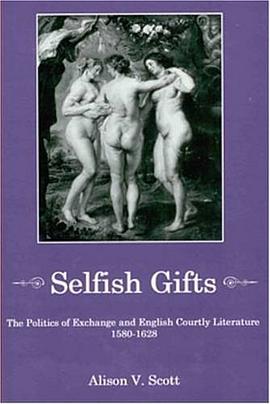

具体描述
Essays on the roles played by women in forming American attitudes about benevolence and poverty relief.American culture has long had a conflicted relationship with assistance to the poor. Cotton Mather and John Winthrop were staunch proponents of Christian charity as fundamental to colonial American society, while transcendentalists harbored deep skepticism towards benevolence in favor of Emersonian self-reliance and Thoreau's insistence on an ascetic life. Women in the 19th century, as these essays show, approached issues of benevolence far differently than their male counterparts, consistently promoting assistance to the impoverished, in both their acts and their writings. These essays address a wide range of subjects: images of the sentimental seamstress figure in women's fiction; Rebecca Harding Davis's rewriting of the "industrial" novel; Sarah Orne Jewett's place in the transcendental tradition of skepticism toward charity, and her subversion of it; the genre of the poorhouse narrative; and the philanthropic work and writings of Hull House founder Jane Addams. As the editors of "Our Sisters' Keepers" argue, the vulnerable and marginal positions occupied by many women in the 19th century fostered an empathetic sensitivity in them to the plight of the poor, and their ability to act and write in advocacy of the impoverished offered a form of empowerment not otherwise available to them. The result was the reformulation of the concept of the American individual. Jill Bergman is Associate Professor of English at the University of Montana. Debra Bernardi is Associate Professor of English at Carroll College.Contributors: Sarah E. Chinn, Monika Elbert, Lori Meerish, Terry D. Novak, James Salazar, Mary Templin, Karen Tracey, and Whitney A. Womack
作者简介
目录信息
读后感
评分
评分
评分
评分
用户评价
相关图书
本站所有内容均为互联网搜索引擎提供的公开搜索信息,本站不存储任何数据与内容,任何内容与数据均与本站无关,如有需要请联系相关搜索引擎包括但不限于百度,google,bing,sogou 等
© 2025 book.wenda123.org All Rights Reserved. 图书目录大全 版权所有




















